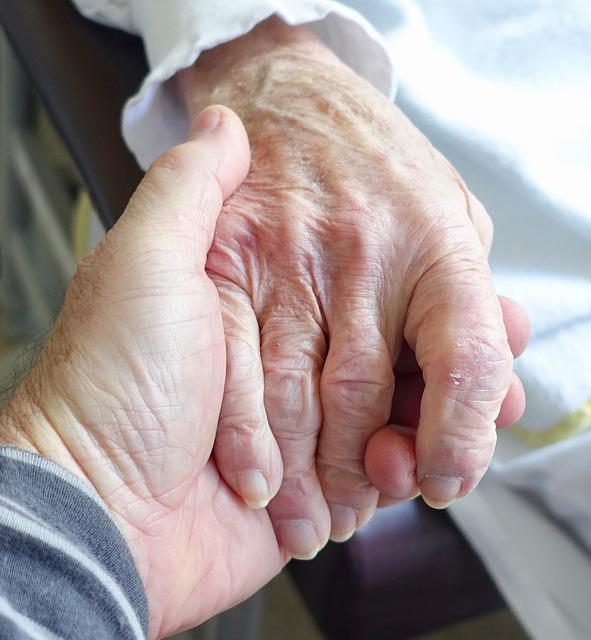
Private duty nursing is the provision of professional care by licensed nurses. Private duty nurses may be LPNs/LVNs or RNs. Private duty nursing offers many benefits. Private duty nursing is flexible. It gives patients individual attention and allows caregivers to be flexible with their time. However, there are also drawbacks. These are the cons of private nursing.
It was a flexible occupation
Private duty nursing was once a viable alternative to full-time, dependable work. Hospitals did not often offer nurses permanent jobs. Instead they hired them per-diem, so that they could work whenever needed. This was done to reduce costs while maintaining adequate staffing for patients. Private duty nurses found this per-diem model unsatisfying, and many left the private-duty workforce.
It was viewed as a wasteful of professional nursing resources
Private duty nursing used to be considered a waste of professional nurses' resources. However, in today's healthcare environment, it's becoming more common. Many organizations have ban private duty nursing. Even nurse unions have spoken out against it. The simple reason for the shift is a lack in staffing and insufficient resources in drug room.
It is still very popular today.
Private duty nursing is an unpaid type of care, despite the popularity of in-home services. Private nurses are paid by the client out of their own pocket. However, insurance will usually cover them in proportion to their medical needs. If the client only requires medication once per day, some insurance plans will cover the whole care arrangement. If the client stops requiring medical attention, the insurance will stop covering any further nursing services.
